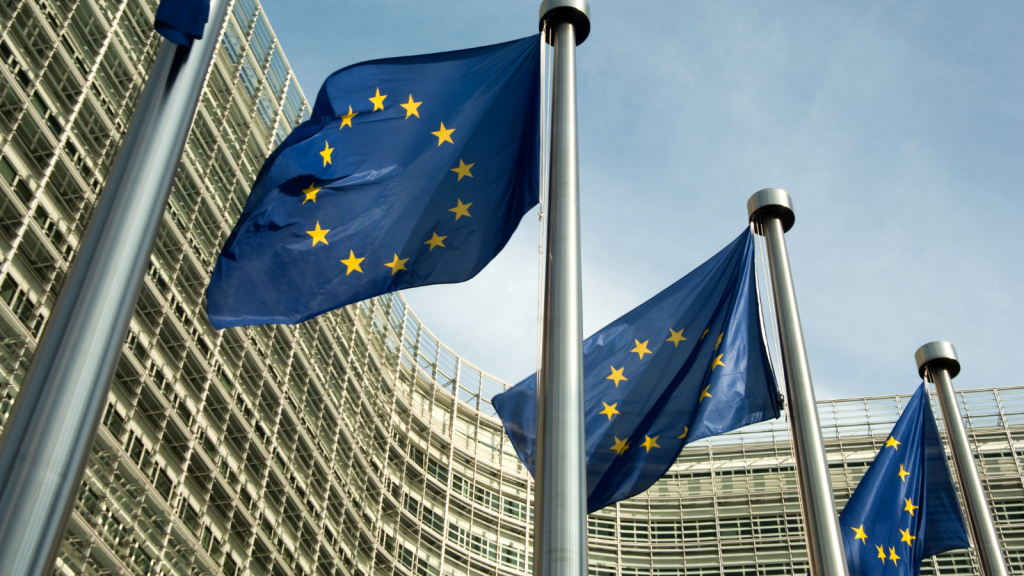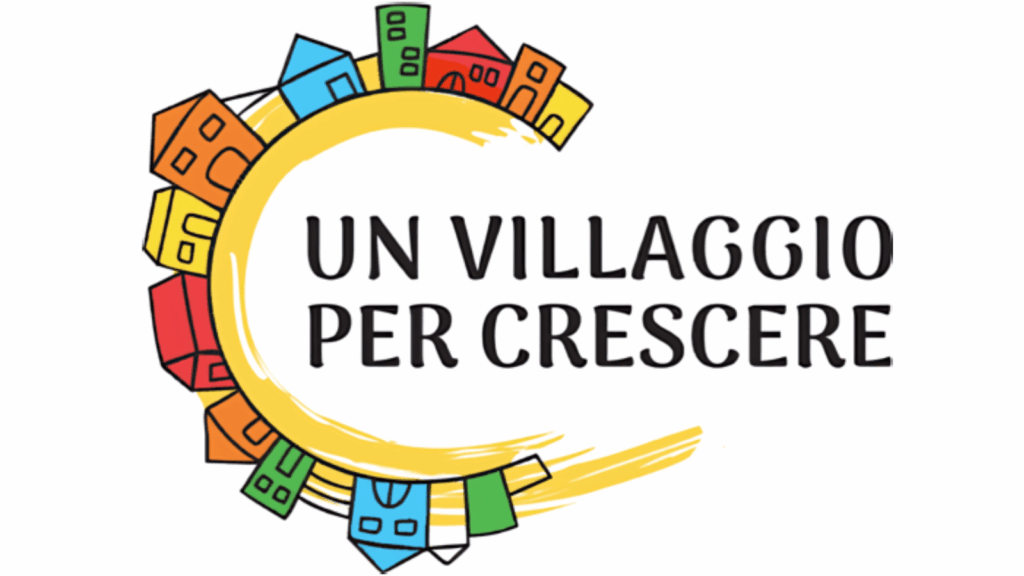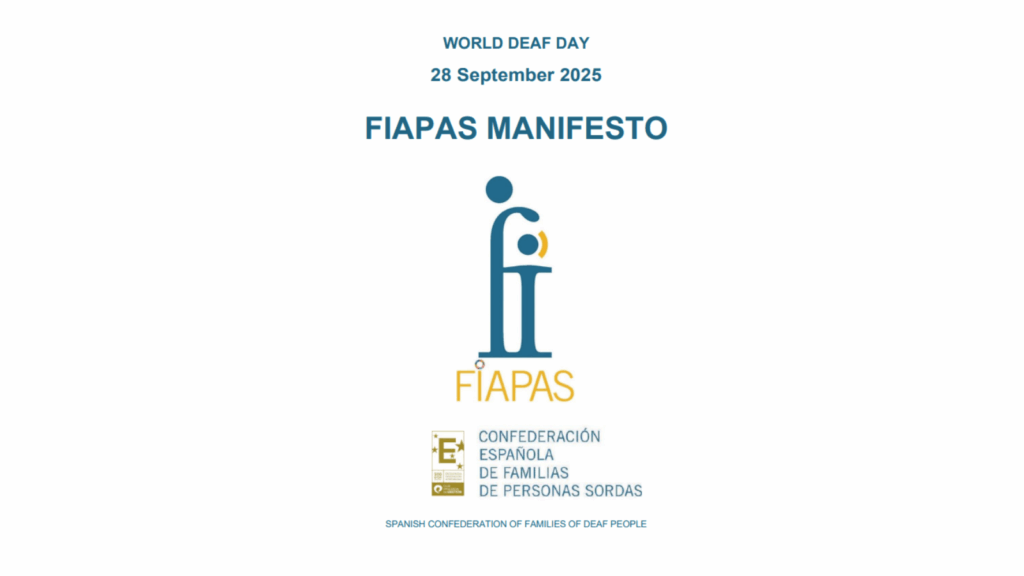It is the ambition of COFACE Families Europe to support reconciliation of work and family life by developing policies and workplace measures around three pillars: access to Resources, Services and Time. Early Childhood Education and Care (ECEC) is an essential part of the Services pillar.
COFACE Families Europe has been advocating for inclusive, accessible, affordable, and quality ECEC, as a two- and multi-generation tool benefitting children and adults.
We highlight the multiple socio-economic benefits of ECEC, not only for children but as well for families and society as a whole: improving the inclusiveness, quality, accessibility, and effectiveness of ECEC systems across Europe is therefore key. These benefits depend on ECEC services which are inclusive, accessible, affordable, and of quality, as previously underlined. If one of these items is missing, it can have detrimental effects on child development (especially from disadvantaged backgrounds) as well as on the work-life balance of families and society as a whole.
In this brief, ECEC is examined as a tool to tackle inequality and poverty (child poverty is, unfortunately, a reality in Europe, and child poverty means family poverty), to promote work-life balance and equal opportunities for women and men to both care and work, and to build an economy which cares. ECEC can play an important role in all three areas, with leadership from the European Union to ensure coordinated efforts and actions across countries.
The brief highlights the important role of the European Union to boost ECEC and which should be the key elements of an ambitious 2030 ECEC strategy. There has been a shift of paradigm regarding ECEC within European Union actions, which is analysed through recalling the importance of the Barcelona targets, and putting the spotlight on key frameworks such as the European Pillar of Social Rights Action Plan, the High-Quality Framework for ECEC (around five key dimensions highlighted), and the European Child Guarantee.
Last, but not least, the brief highlights a series of measures that COFACE Families Europe recommends in its Child Compass (2020) and EU Deal for Childcare (2018) – measures based on a whole-society approach, with ECEC at the intersection of key EU frameworks.
Members of COFACE Families Europe will continue monitoring and advocating for these measures, raising awareness, with special attention to the quality of ECEC as an essential precondition to achieve its multiple positive impacts. They expect the EU Institutions and national governments to implement these important and very needed social rights for families of today.
Download this policy brief in PDF version.
Photo: ©Getty Images Signature via Canva





